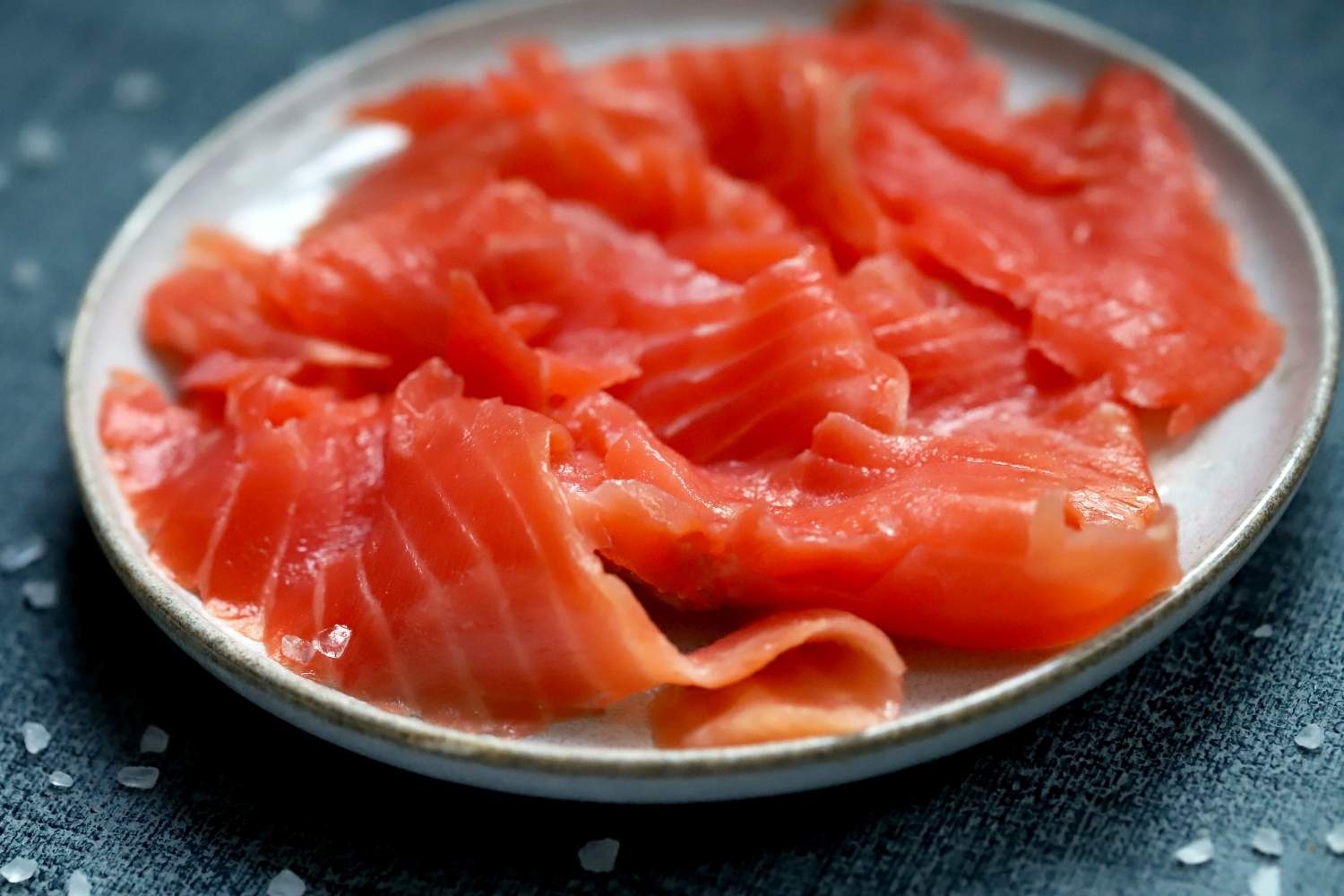EU Court scrapped 96-hour cooling limit for salmon before smoking. Nordic industry celebrates while Spanish producers fear quality and safety risks.

The European Union Court has annulled the maximum 96-hour limit imposed for cooling salmon fillets before smoking. A regulation that until now was designed to ensure quality and food safety, but which according to European judges lacked scientific basis.
Case T-354/24 involves Polish multinational Mowi, one of the largest salmon processors in Europe, which challenged the Commission’s delegated regulation (EU) 2023/372, which set a maximum 96-hour limit for the rigid cooling (stiffening) phase of salmon fillets before slicing and smoking.
The EU Tribunal annulled the regulation for two main reasons. First, Brussels failed to provide sufficient scientific evidence to demonstrate that the limit was necessary to ensure product safety or quality. Second, the Commission did not consult the European Food Safety Authority (EFSA), as required by Article 13 of Regulation 853/2004 for measures that may have significant effects on public health. The absence of this mandatory scientific opinion constituted a procedural defect.
The contested regulation
The challenged regulation established that salmon must be cooled to temperatures between 19°F and 7°F (-7°C and -14°C) for a maximum of 96 hours before smoking. The Commission argued that this limit was necessary to:
- Prevent abuse in the definition of “never frozen”
- Safeguard product quality
- Reduce the risk of Listeria monocytogenes contamination
According to the judges, however, there was no scientific data or official toxicological or microbiological assessments to support these concerns.
The EU’s new decision is a clear victory for large Nordic producers, particularly Poland and Norway, where salmon is processed on an industrial scale. Without the 96-hour limit:
- Companies can manage cooling based on the technical needs of production lines
- Costs due to rigid time constraints are reduced
- Logistical and production flexibility increases
Producers are obviously very satisfied, as the ruling gives companies back the ability to organize processing times according to their needs. But can risks also increase?
The concerns
According to ANFACO-CECOPESCA, which represents the Spanish fishing and processing sector, eliminating the limit could reduce quality and safety controls on products and create unfair competition between countries with different standards.
The Spanish smoked fish industry expresses strong concern and disappointment over the Court’s decision, believing that eliminating the 96-hour limit could compromise both the quality and safety of products destined for European consumers. The limit was already recommended by ESSA (European Smoked Salmon Association) guidelines as good processing practice.
There is also the risk of deceptive practices, because without a time constraint, fish could be stored at unsafe temperatures for prolonged periods, allowing avoidance of the “thawed” indication on labels and reducing transparency to consumers.
Spanish associations have already announced several initiatives to protect product quality and safety: strengthen controls on smoked products imported from Poland, collaborate with consumers and distributors to ensure good practices and greater transparency, but above all request urgent consultation with EFSA from the European Commission and adoption of a new delegated act establishing clear and certain rules for the sector.
